The Best First Foods to Try with New Dentures

Source: Dr. Marketing
Adjusting to new dentures is a significant step in restoring your ability to eat comfortably and smile confidently. At Envision Denture and Implant Centre, we understand that the first few days after receiving dentures can feel unfamiliar. Your gums are adapting, your bite is changing, and your eating habits may need temporary adjustments to support healing and comfort.
For patients in Surrey, knowing what to eat and what to avoid during the initial transition can make all the difference. This guide offers insight into the best foods to eat when you first get dentures, why certain choices matter, and how to gradually reintroduce a wider range of meals.
Why Diet Matters After Getting Dentures

Eating with dentures is a skill that takes practice. During the early days, your mouth may be sensitive, and chewing may feel awkward. A soft, nourishing diet helps you ease into your new normal without risking irritation or discomfort. The right foods can reduce pressure on healing tissues, support nutrition, and help build confidence in your bite.
At Envision Denture and Implant Centre in Surrey, we walk every patient through what to expect, including what to eat and how to pace your return to regular meals. Our goal is to help you feel comfortable at every stage of your denture journey.
The First 24 to 48 Hours: Keep It Simple and Gentle
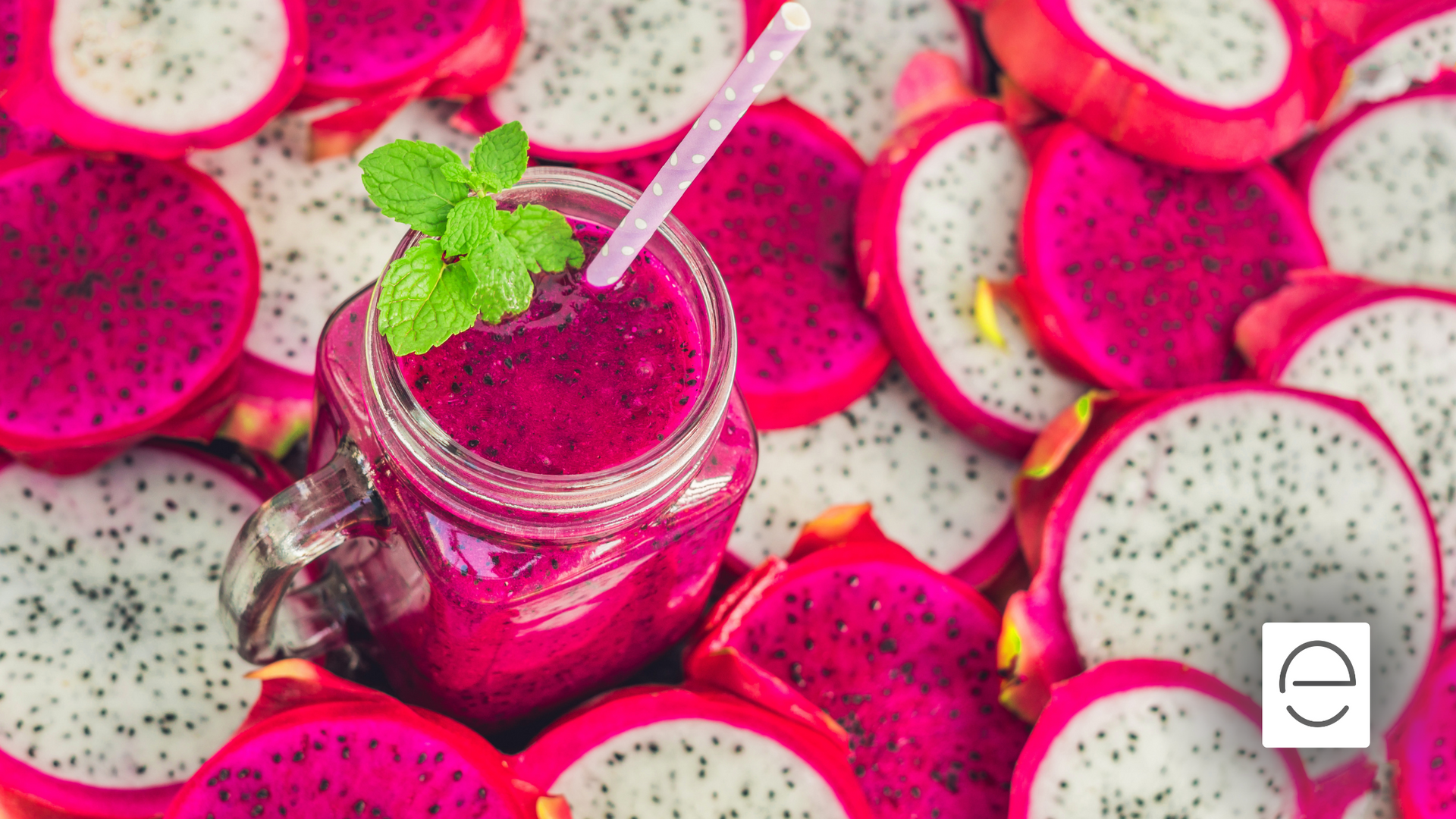
In the first day or two after receiving dentures, your gums may be sore or swollen. You may also experience increased saliva production or slight irritation as your mouth gets used to the appliance.
During this period, it is best to stick with foods that require little to no chewing. Recommended options include:
- Applesauce
- Yogurt
- Smoothies (avoid seeds or chunks)
- Broths and clear soups
- Mashed potatoes
- Pudding
- Scrambled eggs
These foods are not only easy to eat but also gentle on your gums. If you experience sore spots, keep your meals lukewarm to avoid aggravating the tissue.
Days 3 to 7: Soft Foods That Build Confidence
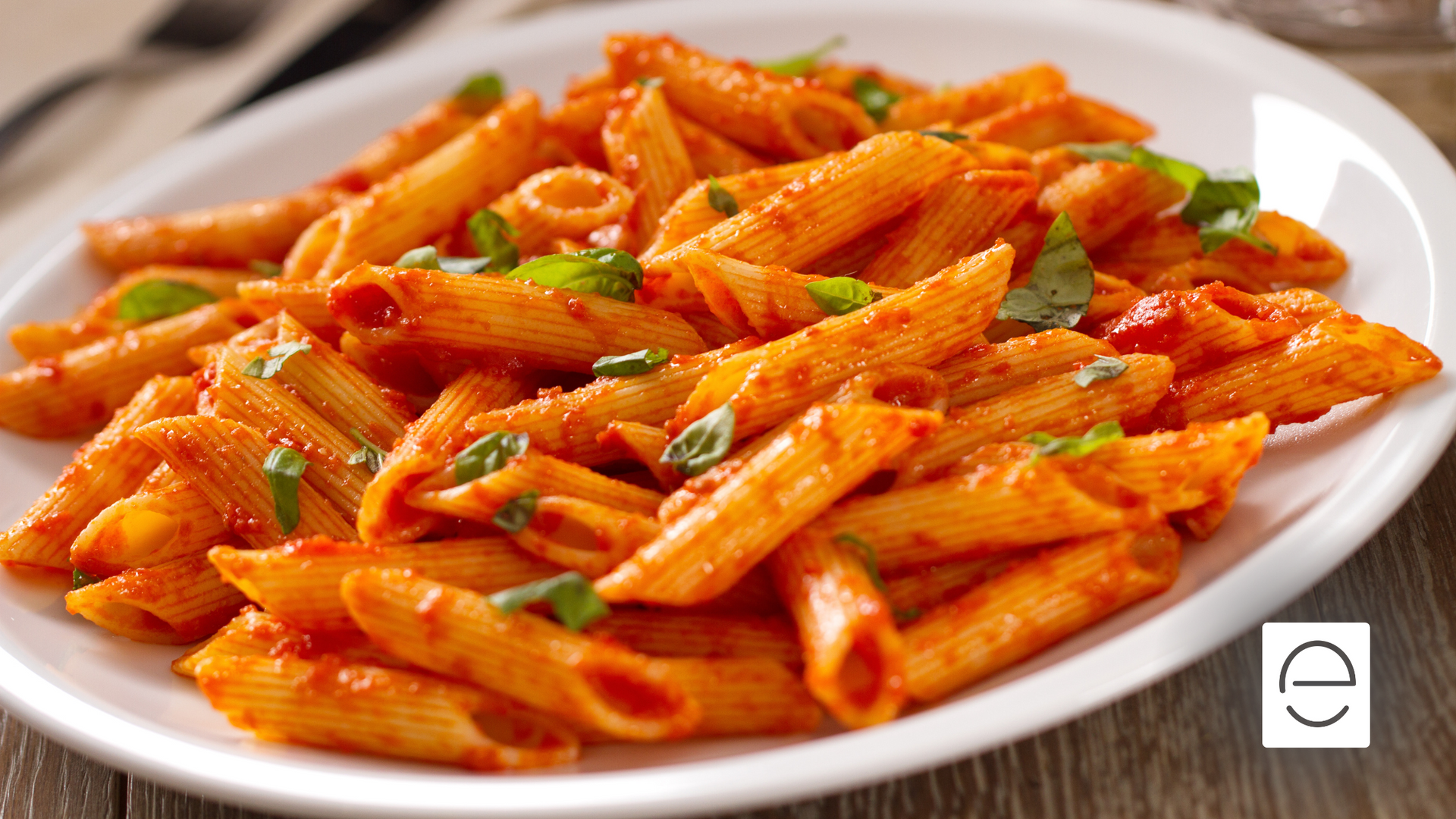
As your comfort increases, you can begin to introduce soft solid foods that do not require aggressive chewing. This phase is about rebuilding jaw strength, improving coordination, and giving yourself time to adapt to eating with dentures. Best food options for this stage:
- Cooked vegetables (carrots, squash, zucchini)
- Oatmeal or cream of wheat
- Soft fruits (bananas, peaches, avocados)
- Soft fish (salmon, cod)
- Pasta and noodles
- Cottage cheese
- Soft-cooked rice
Cutting your food into smaller pieces and chewing slowly on both sides of the mouth will help with balance and comfort.
Tips for Comfortable Eating with New Dentures

To make your eating experience smoother while adjusting to dentures, consider these practical tips. These suggestions are especially helpful for patients in Surrey who may be managing their nutrition carefully during healing.
- Use both sides of your mouth when chewing to keep your dentures stable.
- Cut food into small pieces for easier control.
- Take smaller bites and chew slowly to avoid soreness or shifting.
- Sip water between bites to aid swallowing and keep your mouth moist.
- Avoid sticky or hard foods during the first few weeks.
- Use denture adhesive if recommended for added security.
Our team at Envision Denture and Implant Centre often recommends starting meals in a calm setting where you can take your time. Rushing through a meal during the adjustment period may cause discomfort or discourage you from progressing.
Foods to Avoid in the Early Weeks
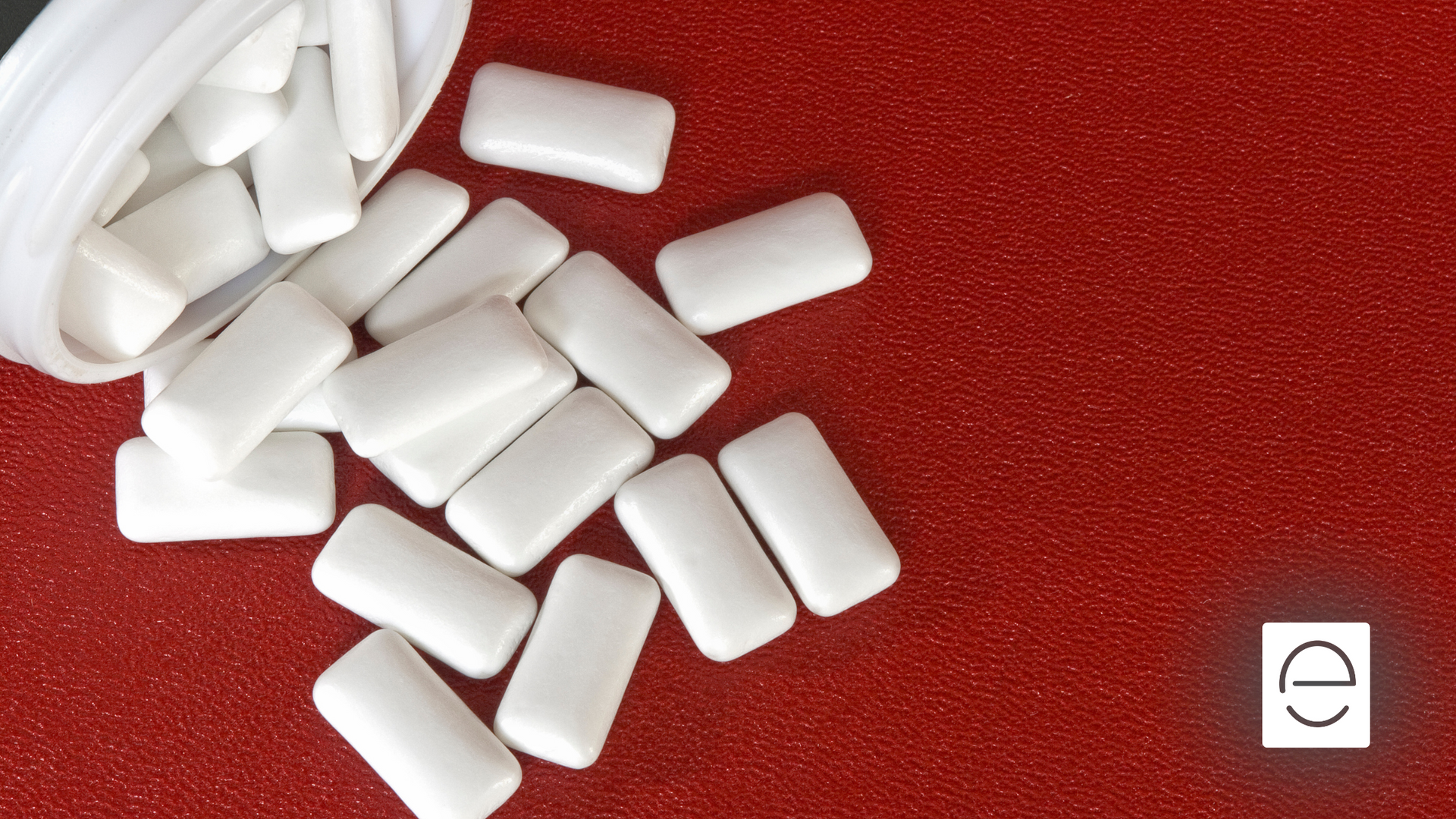
While adapting to your dentures, some foods can cause problems such as soreness, dislodging, or even damage to your appliance. It is best to avoid them until your confidence and comfort improve. Limit or avoid:
- Crunchy vegetables (carrots, raw celery)
- Tough meats (steak, jerky)
- Hard breads or crusts
- Nuts and seeds
- Chewing gum
- Sticky candies
- Popcorn
- Food with small, hard particles that can get trapped under your denture
Once your gums have healed and you feel more confident with your chewing ability, some of these foods may be reintroduced with care and guidance.
Transitioning Back to a Normal Diet
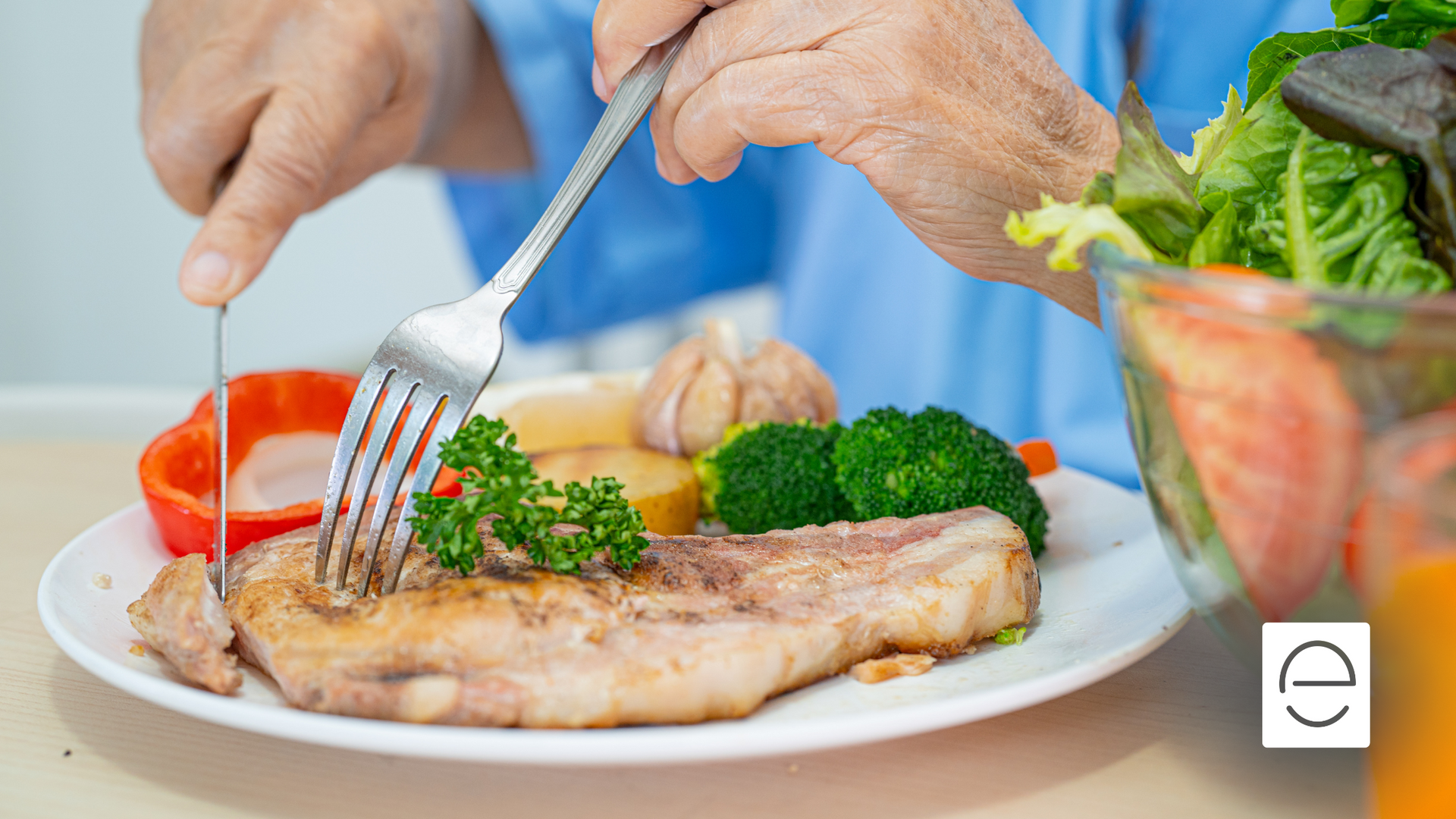
After two to three weeks, many patients begin feeling more comfortable with their dentures and ready to enjoy a wider variety of foods. However, gradual progress is still important.
Start by testing slightly firmer foods—cooked chicken, tender cuts of beef, and toast with soft toppings. You may want to use a mirror at first to monitor your bite and chewing patterns, which helps build confidence.
At Envision Denture and Implant Centre, we encourage patients to keep a food journal during this period to track which foods feel comfortable and which need to be avoided a little longer. This also helps us tailor follow-up care to your specific experience.
Nutritional Balance While Wearing Dentures
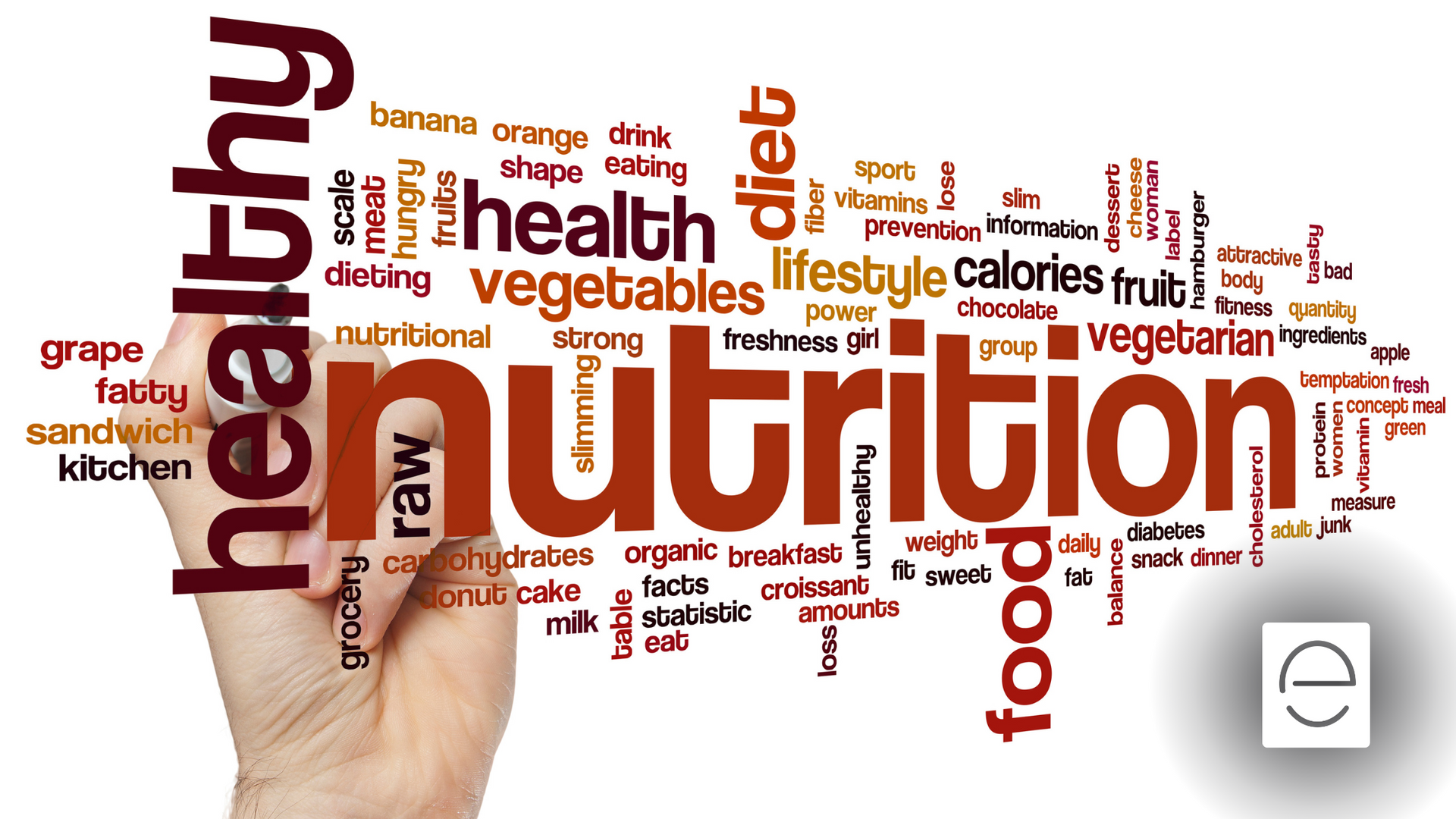
When adjusting your diet, it is important not to sacrifice nutrition. Stick to a variety of soft foods that offer protein, fiber, vitamins, and healthy fats. Include options such as:
- Cooked beans and lentils
- Avocados
- Greek yogurt
- Eggs in different forms
- Smoothies with added greens or protein powder
- Puréed vegetable soups
- Soft cheeses
- Ground meats in soft casseroles or stews
A balanced diet supports healing, keeps your energy up, and promotes good oral and general health. Even while avoiding crunch or chew, you can maintain excellent nutrition with a bit of planning.
What If Eating Still Feels Uncomfortable?

Some patients take longer than others to adjust to eating with dentures. If chewing continues to cause discomfort, if your denture shifts excessively, or if sore spots persist beyond the first week, it is important to consult us.
Your denture may need minor adjustments to improve the fit, relieve pressure points, or increase retention. At Envision Denture and Implant Centre in Surrey, we provide denture relines, soft liners, and personalized follow-up care to ensure your experience continues to improve.
For those dealing with long-term discomfort, we may discuss options like implant-supported dentures, which offer greater stability for chewing more confidently.
Using a Denture Adhesive: Yes or No?

Denture adhesives can help keep dentures in place while eating, especially during the early days. However, they are not a replacement for a proper fit.
We may recommend using a small amount of adhesive for added confidence, especially if you are eating outside your home or trying firmer foods. Be sure to clean your dentures and gums thoroughly at night to remove any leftover product. If you find yourself relying heavily on adhesive, it may be a sign that your denture fit needs to be evaluated.
The Emotional Side of Eating with Dentures
Adjusting to dentures is not only a physical process—it is also emotional. Food is a central part of our culture, celebrations, and routines. It is normal to feel frustrated or nervous at first, especially when eating around others.
At Envision Denture and Implant Centre, we remind every patient that progress comes with patience. Each meal becomes easier as you practice and become more familiar with how your dentures respond. Celebrating small wins—like eating your first apple slices or enjoying your favorite soup—helps rebuild confidence.
Support from our team is available whenever needed. You are not expected to figure everything out alone.
Your Smile and Confidence Start Here

The foods you choose after receiving dentures play a key role in your comfort, healing, and confidence. Starting with soft, nourishing meals and gradually building back variety allows you to feel more in control of the process.
At Envision Denture and Implant Centre, we are proud to guide patients across Surrey through every step of their denture journey. From helping you choose the right denture to supporting you through diet and adjustment tips, we are here to ensure your experience is smooth and empowering.
Have questions about eating with dentures? Book an appointment today with our team and get the personalized guidance you deserve.



